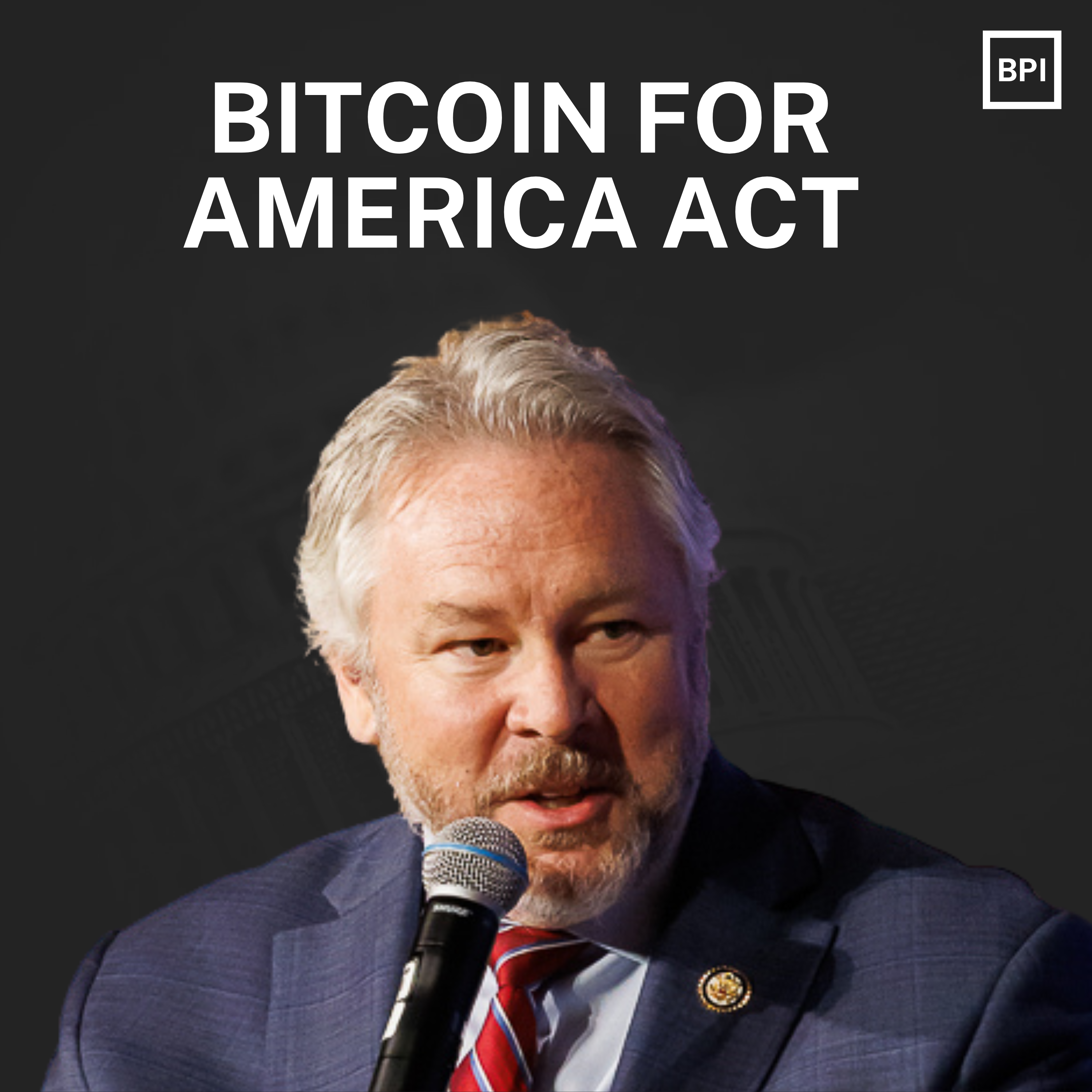Meet the Fellows: Bradley Rettler
Learn more about BPI Fellow Bradley Rettler in the latest installment of our Meet the Fellows series.

Introduction
We've been supporting academics and researchers who study Bitcoin since BPI's inception in January of 2022. To date, BPI has awarded fellowships to 20 individuals. In this blog post series, Meet the Fellows, we sat down with BPI Fellow Bradley Rettler to learn more about his life and work.
Bradley is the director of the Bitcoin Research Institute, and Associate Professor of Philosophy, at the University of Wyoming, where he teaches classes on metaphysics, ethics, and bitcoin. He is a founding member of Resistance Money, a Bitcoin Research Collective. He received his PhD from the University of Notre Dame in 2014. A collection of his public writings and media appearances on bitcoin can be found here.
Interview
What do you do for work?
I'm Director of the Bitcoin Research Institute, and Associate Professor of Philosophy, at the University of Wyoming.
How did you wind up in your current role?
I wound up directing the Bitcoin Research Institute because in the writing of our book Resistance Money: A Philosophical Case for Bitcoin, my co-authors and I were disheartened at the paucity of good academic work about Bitcoin. There isn't much, and much of what there is makes basic mistakes. The Bitcoin Research Institute aims to ameliorate both of these problems.
I wound up as a philosophy professor because I became fascinated with philosophical problems -- initially puzzles about free will and whether we could possibly have it -- and just kept going further down the rabbit hole. I also love teaching.
How did you become interested in researching Bitcoin?
My initial thoughts about Bitcoin were as an alternative method for international remittances, costing much less and requiring less travel and less risk in transporting cash. I still highly value that use case, and in general care far more about people who use Bitcoin out of necessity rather than out of a desire to increase their wealth. This includes political dissidents, women living under patriarchal rule, people living under high inflation, and so on. That's what motivated me to write Resistance Money.
What are your most significant intellectual interests aside from Bitcoin?
I still write and publish academic papers in metaphysics, philosophy of religion, and epistemology.
How have your views on Bitcoin and cryptocurrency broadly changed over time?
I have become more convinced that Bitcoin's success can have wider implications outside of the people who use bitcoin. It can discipline central banks and commercial banks and payment processors to behave more responsibly by providing a competition that's easy to switch to.
What misconception about Bitcoin do you hear most from your colleagues?
My colleagues across philosophy generally regard bitcoin as an investment vehicle. They don't realize that Bitcoin is a neutral money, and are often completely unaware of the features of bitcoin that make it a useful money for people on the margins.
What misconception about Bitcoin do you hear most from Bitcoin enthusiasts?
One persistent thought is that Bitcoin doesn't need academic research to succeed. While that may be true, academics will research Bitcoin. And the results of that research makes its way to journalists and policymakers. Doing good research will mean better understanding of Bitcoin by journalists, policymakers, and the public at large.
What are your hopes for the future of BPI?
BPI has had an incredible amount of success for such a young organization. The next phase, I think, is regular communication with every single Congressional office and the White House, listening to their concerns about Bitcoin and bringing the relevant experts to discuss those concerns. So far Republican politicians have been better listeners, but we know from Grayscale and the Nakamoto Project data that 21% of bitcoin owners identify as "very liberal", compared to only 17% who identify as "very conservative". I expect that as Democratic politicians come to understand their voters' attitudes toward Bitcoin, they will be more willing to learn about it.
Lightning Round
Favorite novel?
Classic: Les Miserables by Victor Hugo
Contemporary: Demon Copperhead by Barbara Kingsolver
Favorite U.S. President?
Lincoln
Who is your biggest intellectual influence?
Andrew Bailey



.svg)
.png)


.png)
%20copy%205.png)
